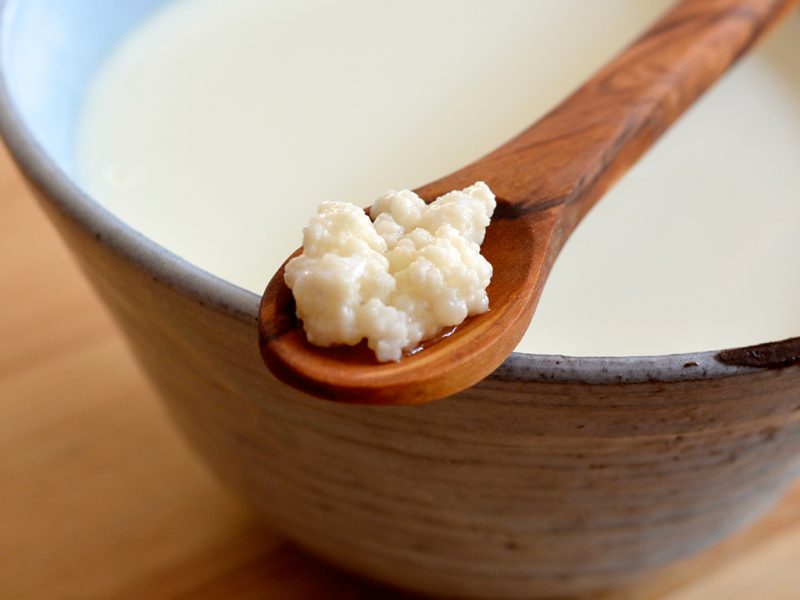Powerful reasons to include this fermented beverage in your diet
If you think kefir is only a trendy health food, maybe it’s time to take another look. It turns out there’s actually a long-documented history of kefir health benefits, ranging from antimicrobial to anti-tumor effects.

And while nobody can claim that kefir will “cure” or “treat” anything, researchers have spent decades investigating the question, “Is fermented food good for human health?” and have come to some surprising conclusions. Indeed, many people find that kefir’s unique taste coupled with its noticeable beneficial effects makes it a favorite treat to sip on.
Expect MULTIPLE health benefits when you start drinking this fermented beverage regularly
Its name comes from the Turkish word “feel good”. “Kefir” originated in the Caucasian Mountains region and is a traditional beverage in Southwest Asia and Eastern Europe. These days it’s relatively easy to find in most major grocery stores and natural health markets.
Fermentation is a natural food preservation process in which microorganisms turn sugars or starches into alcohol or acids. To make kefir, kefir grains — which aren’t grains but rather colonies of yeast and bacteria — are added to a liquid, typically dairy milk. Within about 24 hours, the microorganisms will have fermented the milk into what we know and enjoy as kefir.
You can think of kefir as a drinkable yogurt (kefir grains are strained out before consuming it). And much like yogurt, kefir is also full of probiotics. Probiotics are friendly bacteria that can improve digestive health, reduce inflammation, and support the colonies of friendly bacteria living in your gut.
In addition to supporting your digestive system, kefir is also thought to protect against infections from harmful pathogens like E. coli, Salmonella, and Helicobacter pylori.
Also, kefir:
1. Offers a range of nutrients, including calcium, phosphorus, and vitamins B2 and B12 (although the exact nutrient content depends on the type of liquid it’s made from);
2. Supports a robust immune system (which could partly explain why fermented dairy has even been shown to offer anti-cancer and anti-tumor effects, according to one 2013 paper in the Brazilian Journal of Microbiology);
3. It is better tolerated than regular dairy by many people — this is because dairy kefir is very low in lactose thanks to the fermentation process, which turns lactose into lactic acid.
Other potential benefits exist — from strengthening bones to supporting weight loss to improving allergy and asthma symptoms — but there’s not enough specific research to make any definitive claims. Fortunately, this product is considered safe and well-tolerable for most people. So, if you’re interested in trying kefir, it’s unlikely to cause you any harm.
If you’re still on the fence about kefir, here are 3 common misconceptions to clear up
One tip: introduce kefir into your diet slowly — say, one cup a few times per week (or more or less depending on your body response). Some people notice temporary gas and bloating as their digestive bacteria initially adjust to the influx of probiotics.
If you’re still not sure kefir is right for you, here are the 3 common misconceptions to clear up:
1. Like most fermented foods and alcohol, kefir contains trace amounts of alcohol. But there’s not enough alcohol in it to cause any meaningful effect.
2. Kefir is typically made from milk, but there are also non-dairy options, too! You can actually find recipes online teaching you how to make kefir out of coconut water, coconut milk, and even spring water.
3. While it’s possible to make kefir at home, most natural food proponents agree that you can find great natural store-bought varieties these days. Look for brands that use high-quality ingredients, and test out different options until you find one that you like.
Lastly, if you’re not a kefir fan, you can also experiment with other probiotic-rich fermented foods, including sauerkraut, kimchi, miso, and tempeh.
yogaesoteric
July 3, 2021
Also available in:
 Français
Français
